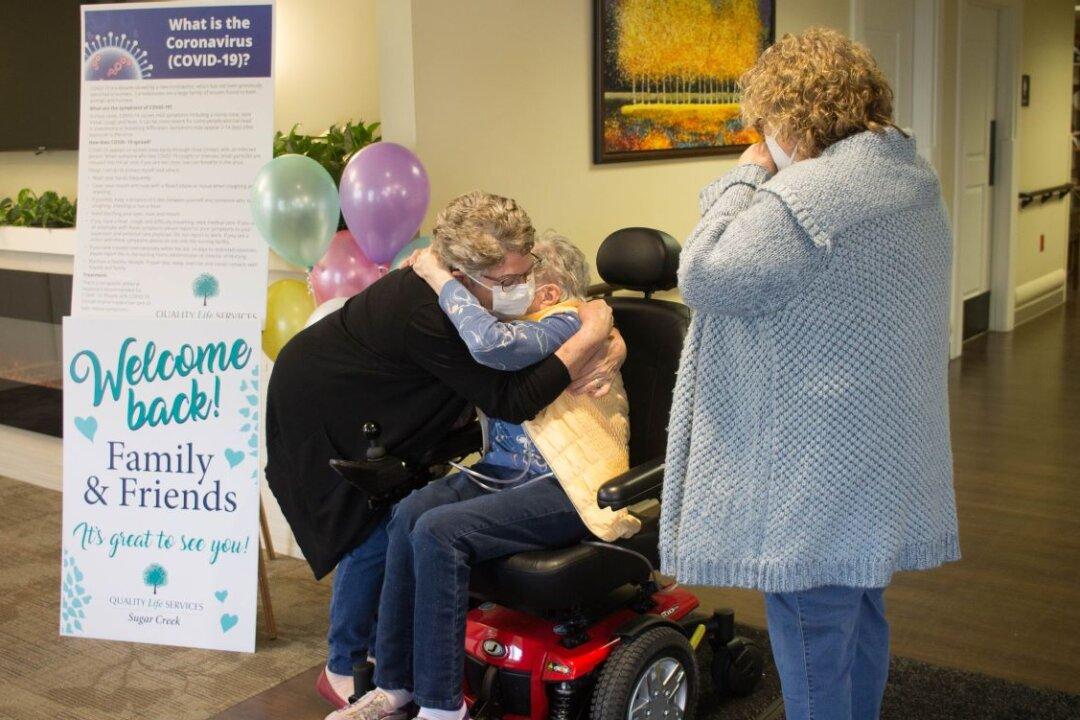While Pennsylvania nursing homes and long-term care facilities already face major staffing challenges, the federal vaccine mandate and a new state-proposed minimum staffing requirement could devastate the industry.
President Joe Biden’s 100 percent vaccine mandate for healthcare workers is expected to throw thousands of employees out of a job, in an industry that has struggled to find workers in the last decade.





